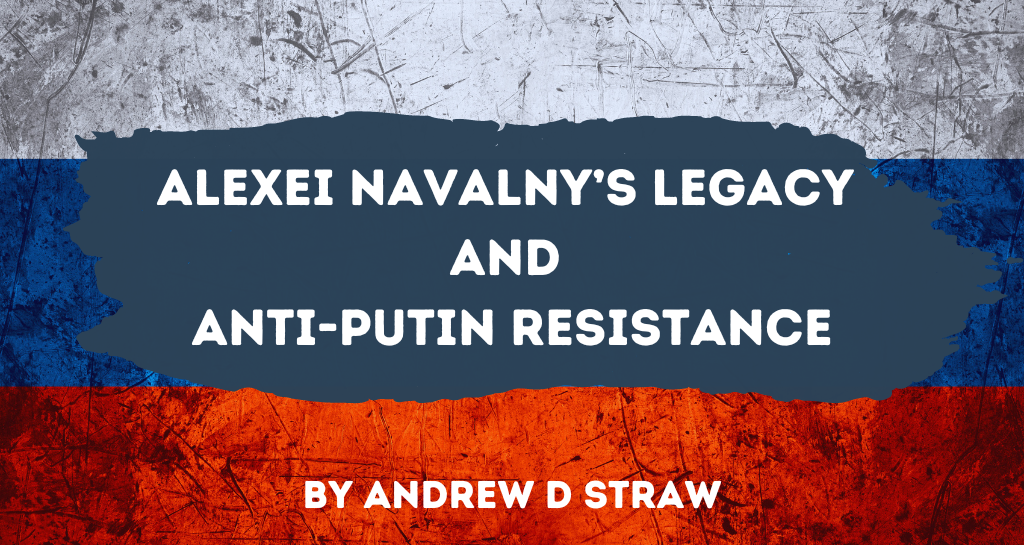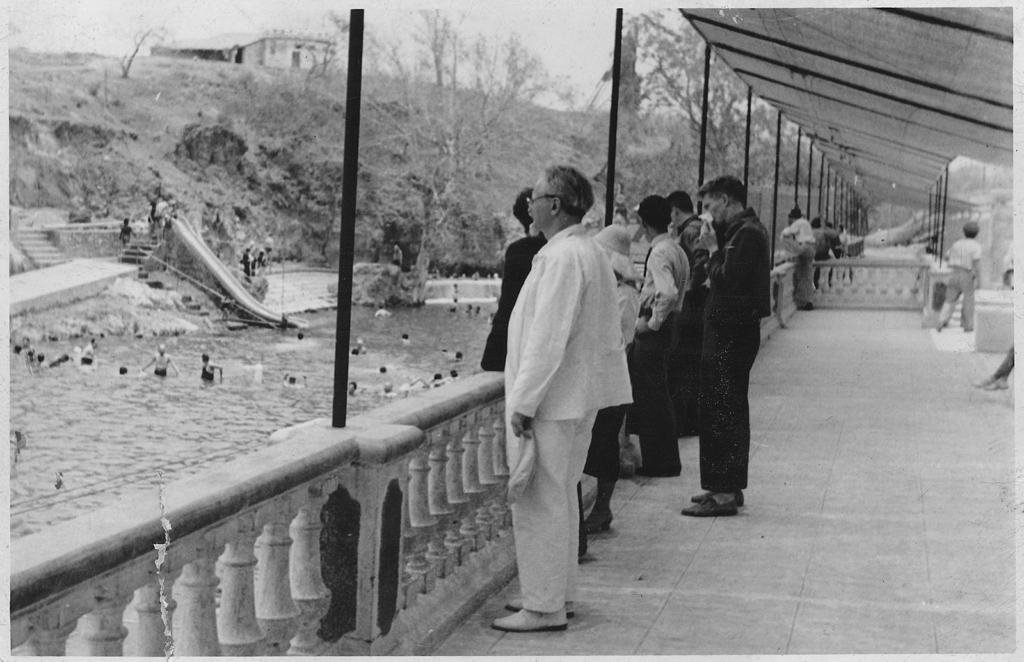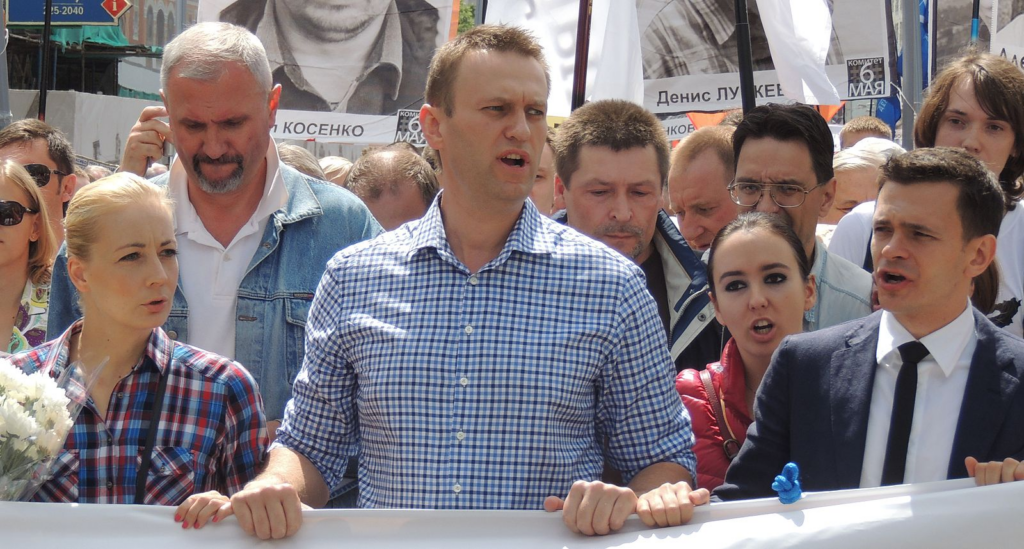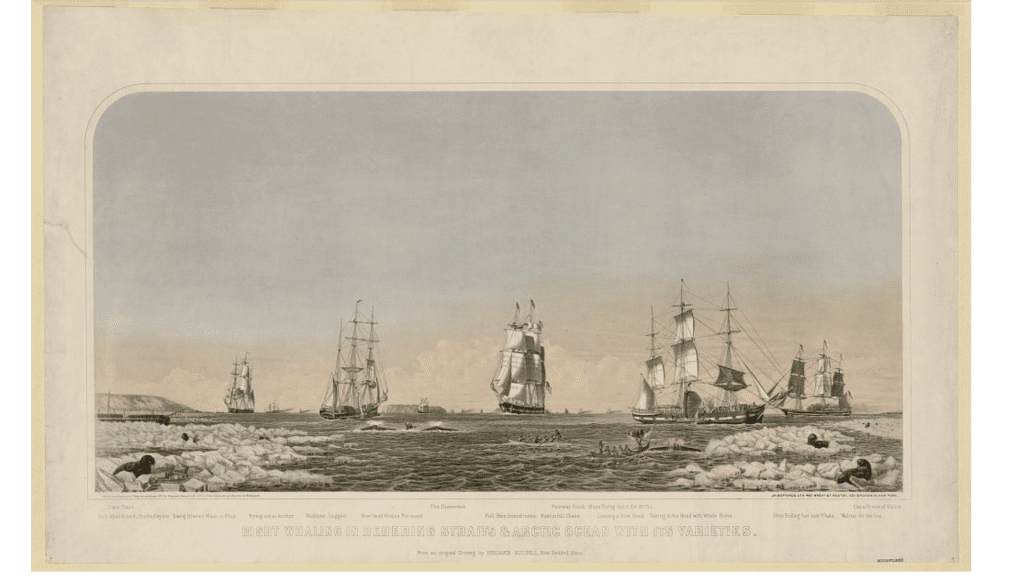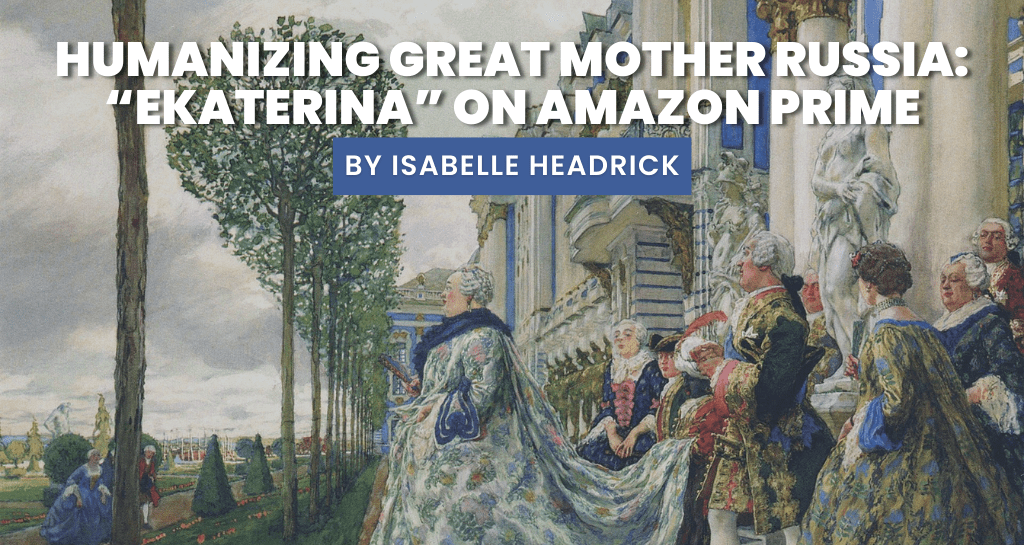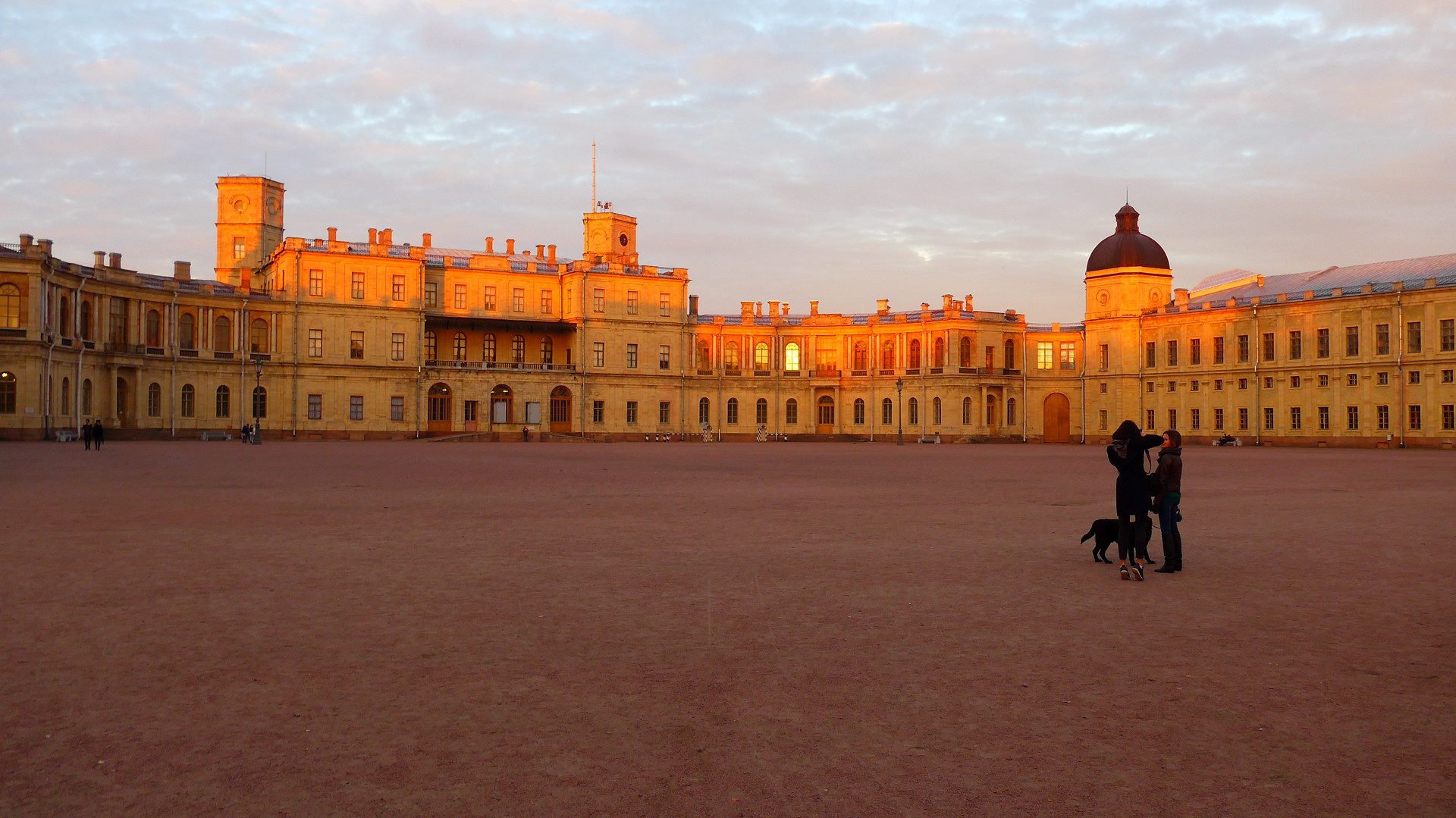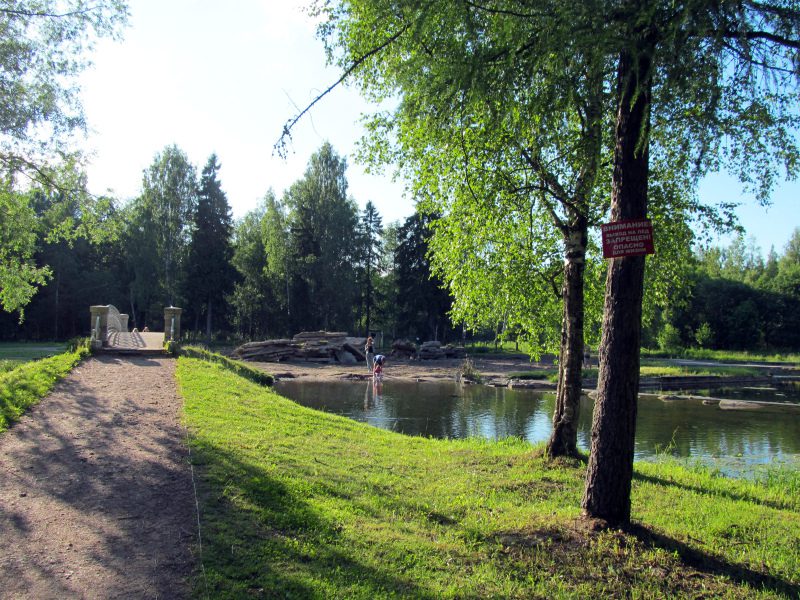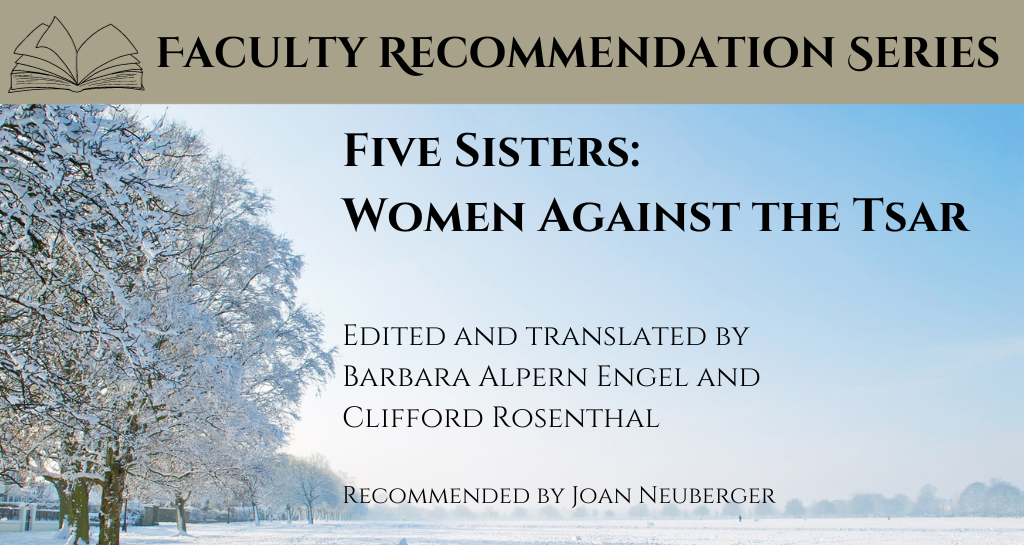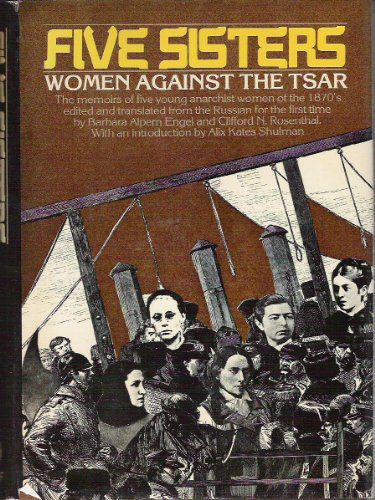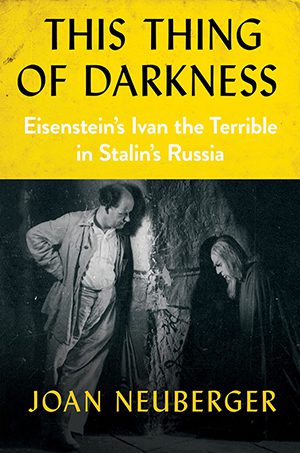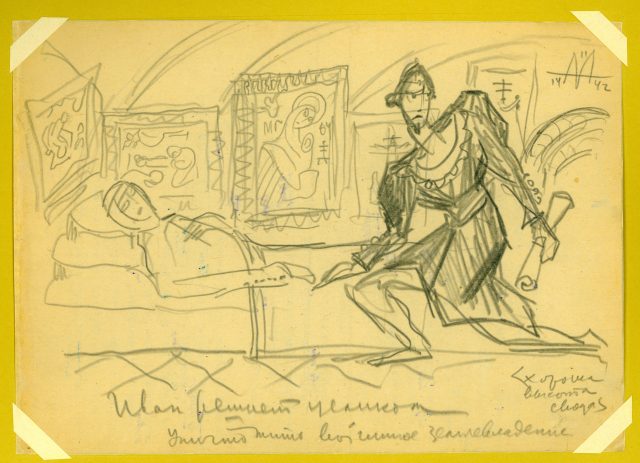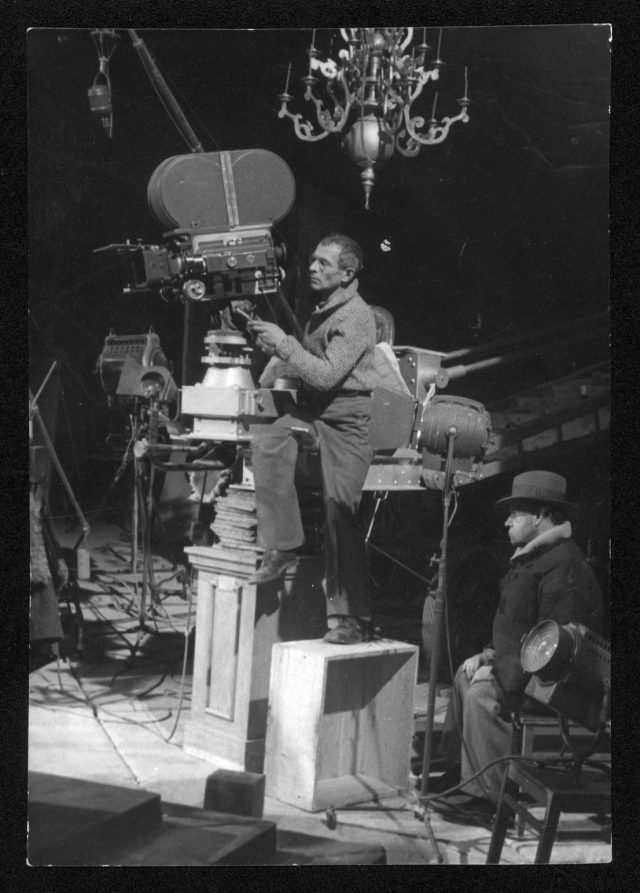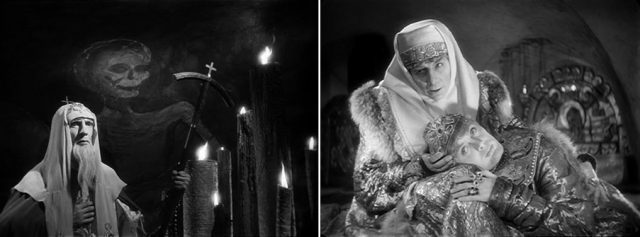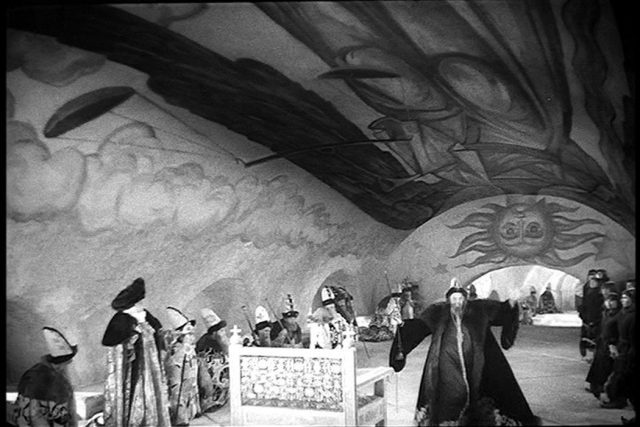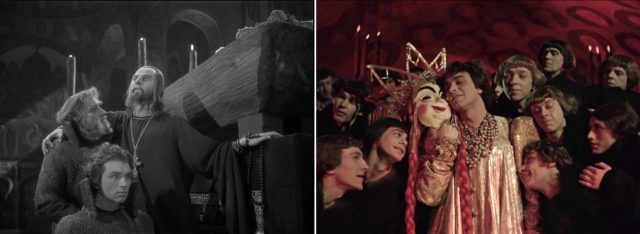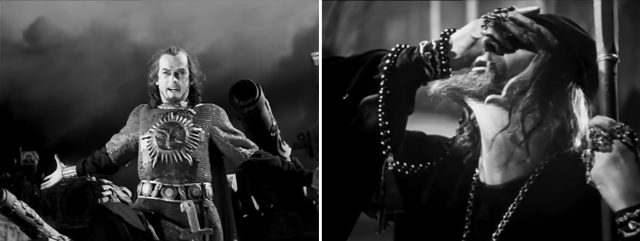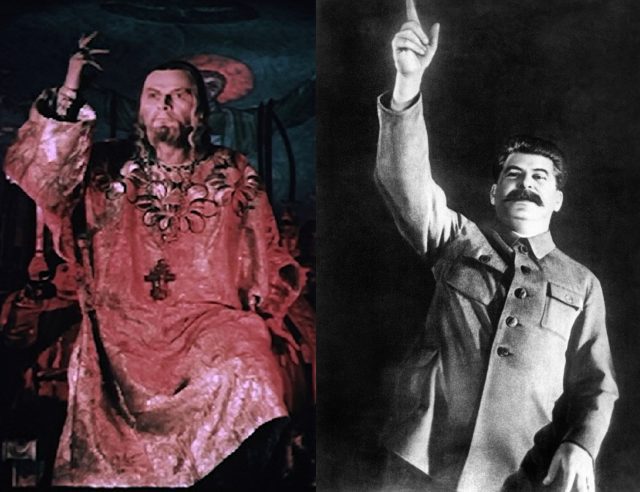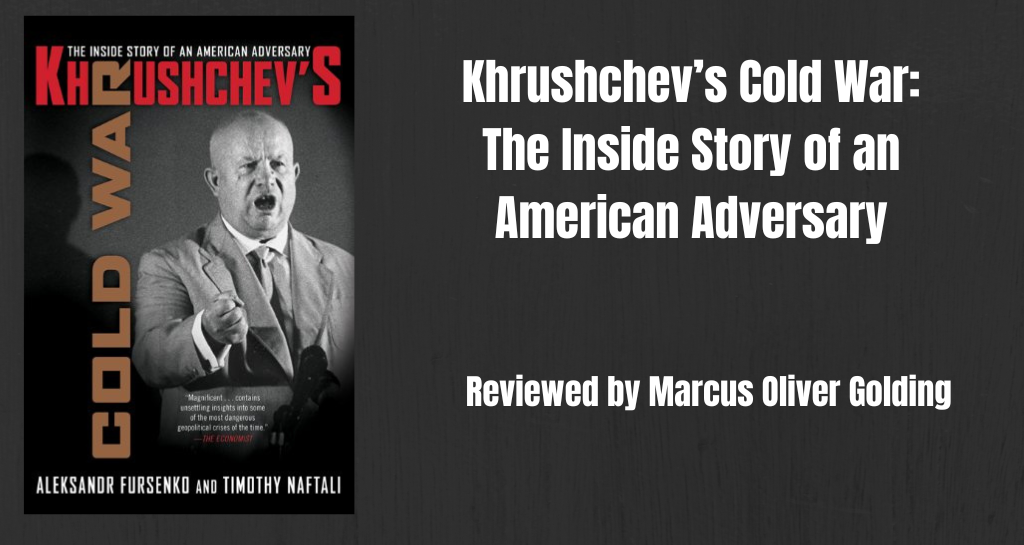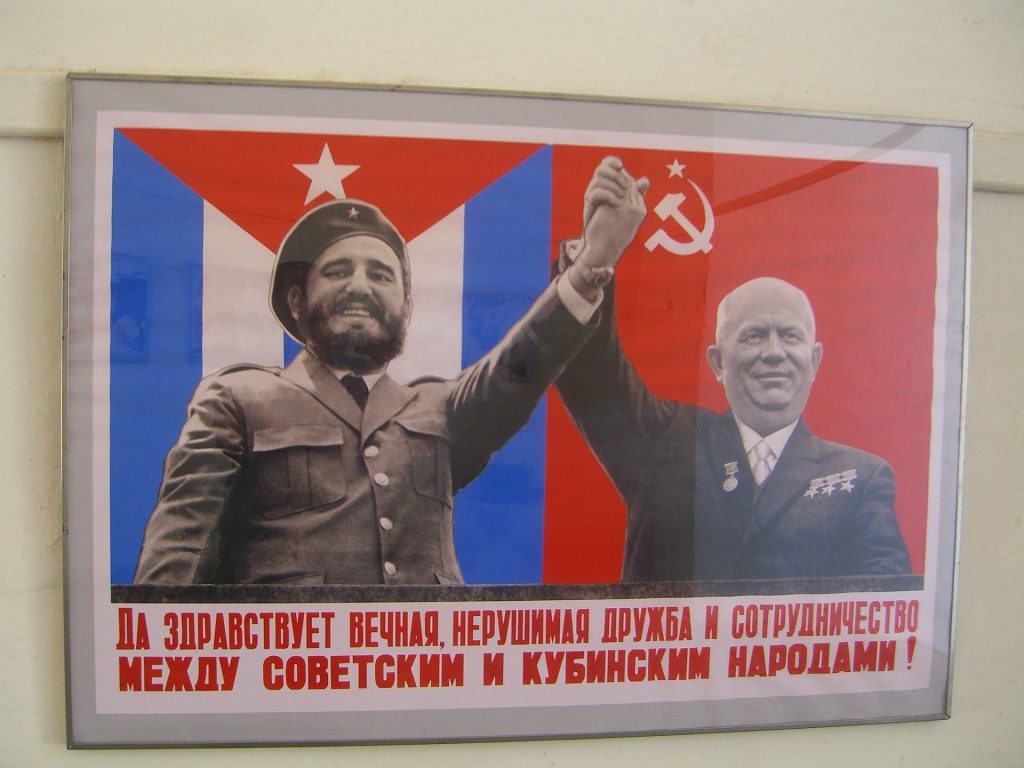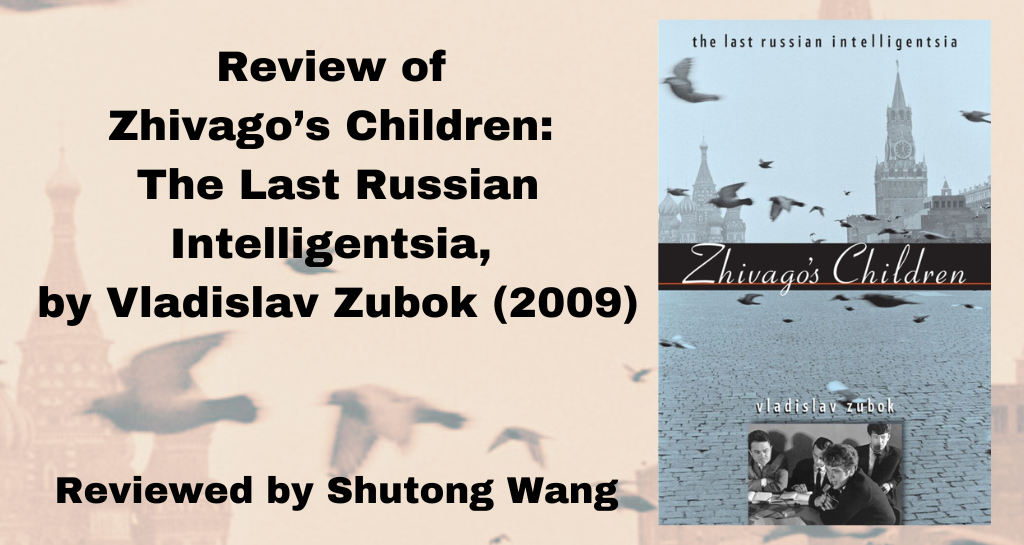
Zhivago’s Children is a thorough account of the experiences of Russian intellectuals who formed the Soviet Union’s second-generation intelligentsia. The book’s primary strength lies in the author’s nuanced depictions of the interactions between Moscow intelligentsia and the changing political environment. Drawing extensively from memoirs and interviews of its members, Zubok points out that these intellectuals remained vocal advocates of reformist socialism for most of the Soviet era, contrary to common stereotypes that portray them as anti-Soviet dissidents. As writers, artists, and scientists in prestigious social positions active in post-Stalin Russia, their life experiences were entangled with the course of Soviet history, contributing to the growth of state power, advocating reform in times of political turbulence, willingly or not, undermining the Soviet system in its last decade, and finally, fading in the post-collapse turmoil. Their rich Russian culture and humanist ideals shaped the universe of Zubok’s parents and his upbringing. Thus, more than a genuine scholarly project, this book is also an homage paid to a past etched in memory.
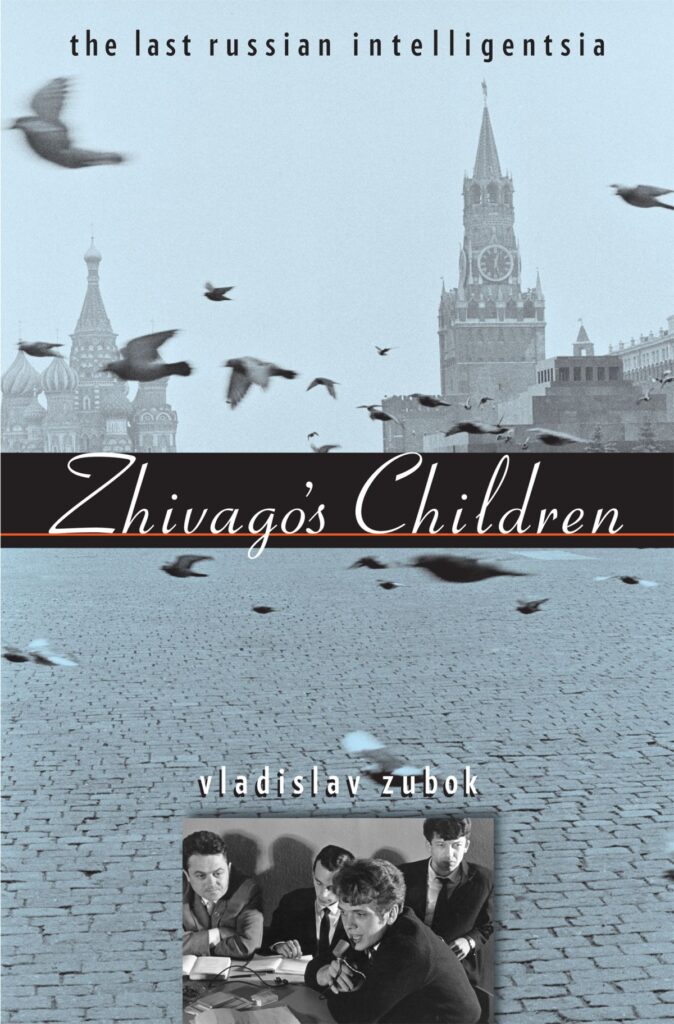
A major contribution of the book lies in its convincing depiction of a constructed socialist affinity among the second generation of Soviet intelligentsia, whom the title Zhivago’s Children refers to — a term borrowed from Boris Pasternak’s Nobel Prize-winning novel, Doctor Zhivago. It traces this back to the Stalinist education and complex experiences of World War II, strict cultural control and dogmatization under the influence of hardcore Stalinist official Andrei Zhdanov, and antisemitic persecution in the last days of the dictator. In so doing, Zubok reveals the material and ideological background that shaped the generations’ socialist and reformist inclinations, which contributed to the intelligentsia’s ambivalent sentiment and changing affinity to the regime in the Khrushchev years (1953-1964), resonating with his volatile cultural policies. This forms the core of his chapters.
The historical perspective maintained by Zubok crucially permits a fascinating exploration of the hybrid culture that emerged from this intelligentsia: the embrace of Western culture coexisted with the antagonism against capitalism, while criticisms of Soviet bureaucracy coexisted with an aspiration for genuine, “humane” socialism. To be sure, this generation of intelligentsia had diversified entering the 1960s, seeing the growth of liberals and the Russian nationalists. Yet, as Zubok points out, the deeply rooted socialist affinity only collapsed in 1968, when the Soviet Union forcefully ended the Prague Spring—a lethal disillusionment at the zenith of a global atmosphere of leftist change. In his view, dissidents, the conventional focus of liberal narratives, only played a contributing role in the course of history instead of the pioneering one.

What deserves greater attention in assessing Zhivago’s Children, however, is the unparalleled historical significance the author placed on the pivotal turn of 1968. It seems that for Zubok, more than a disillusionment of one generation of intelligentsia amongst many, the crackdown of Prague Spring marked the decline of the last Russian intelligentsia in general. This can be seen clearly in the book’s arrangement. As if writing in haste, the author condenses the long decade from 1968 to 1985 into a single chapter, ominously titled “The Long Decline,” followed by the epilogue, “The End of the Intelligentsia.” Given that he devotes seven chapters to the years between 1956 and 1968, one has to ask, why is it so?
In the book’s conclusion, the author summarized its story as the struggle of intellectuals to “regain autonomy from an autocratic regime.” Nonetheless, an answer to the above question may lie in the author’s implicit theme: the tense yet unbroken and mutually dependent relationship between the Soviet regime and the Russian intelligentsia. Whilst the intelligentsia maintained a critical stance against the state and pursued high culture, the Stalinist and post-Stalinist systems were essential for their survival because they provided social privileges, economic benefits, proper education, incorporation into the field of power, and a dream of searching for a utopian society. In short, those “Zhivago’s Children” may be critical to the autocratic regime precisely because they were constituents of it. Just as the author notes, “the preoccupations and aspirations in the intellectual milieu remained essentially non-capitalistic.” This significant irony of history became most apparent at the end of the USSR: when the intelligentsia finally envisioned its revival in the reformist-minded Gorbachev, the lifting of censorship in the glasnost tore the system apart, as with the dreams and livelihoods of millions of intellectuals. On top of the corpse of the Russian Soviet Federative Socialist Republic now stood a new capitalist Russia, whose ruthless force of the market left little place for “Zhivago’s Children.” Thus, as the book’s subtitle suggests, they were the “last Russian intelligentsia.”
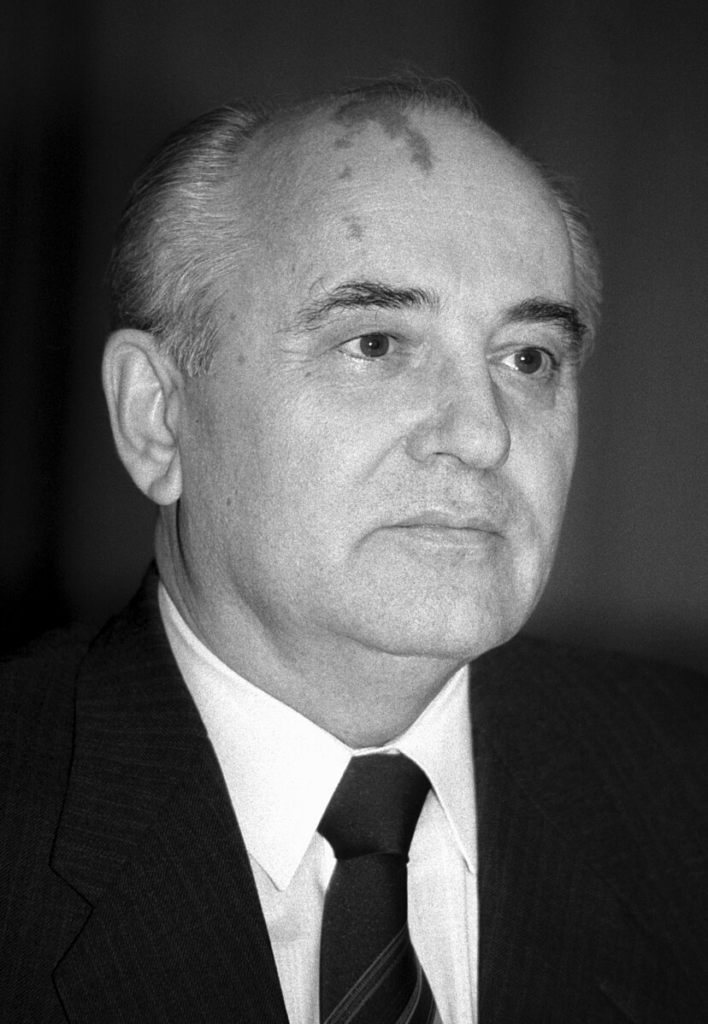
This tragic downfall of “Zhivago’s Children” raised my expectations for a more profound reflection on the characteristics of this generation of intellectuals and, moreover, on the cultural and ideological system of the Soviet Union. This can be formulated as two preliminary sets of questions. First, what was the relationship between this intelligentsia and the broader Soviet masses? To what extent did these socialist intellectuals identify with the people? Or did they see themselves as a privileged group, de facto distant from the rest of the population? Second, what were the theoretical and ideological implications behind the humanist ideals of “Zhivago’s Children?” This deserves particular attention if one attempts to situate the “genuine” Marxist intelligentsia mentioned by the author in the conflict between humanist and structural Marxists (e.g., Louis Althusser) in the 1960s, where the latter tried to correct the perceived humanist distortion of Marxist theories that emerged with Khruschev’s denunciation of Stalin’s guilt. Unfortunately, Zubok does not explore either of these two topics, likely due to his deep commitment to the stories and values of “Zhivago’s Children.”This dedication leaves little room for critical reflection on their potential theoretical shortcomings or intellectual elitism. Considering the subject matter of this book, I think the above problems are more serious and intriguing as well than other issues, such as the author’s reliance on memoirs.
In sum, Zhivago’s Children is an exciting but problematic read. As a nuanced chronological intellectual history, it deserves high praise. The author, Zubok, is no doubt passionate about his subject. However, perhaps because of his strong opinions, several vital topics remain regrettably unexplored, which means that readers should approach this book critically.
Shutong Wang (王庶同) was born and raised in China. He earned a B.A. in History at McGill University and is currently a PhD student at the University of Texas at Austin. He studies the social movements of the 1950s, with a particular focus on the interactions between grassroots communities in Modern and Contemporary China.
The views and opinions expressed in this article or video are those of the individual author(s) or presenter(s) and do not necessarily reflect the policy or views of the editors at Not Even Past, the UT Department of History, the University of Texas at Austin, or the UT System Board of Regents. Not Even Past is an online public history magazine rather than a peer-reviewed academic journal. While we make efforts to ensure that factual information in articles was obtained from reliable sources, Not Even Past is not responsible for any errors or omissions.

